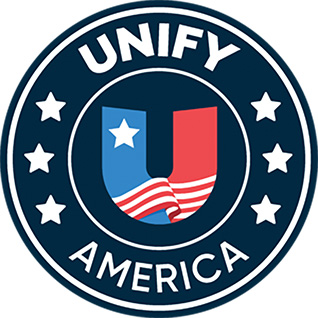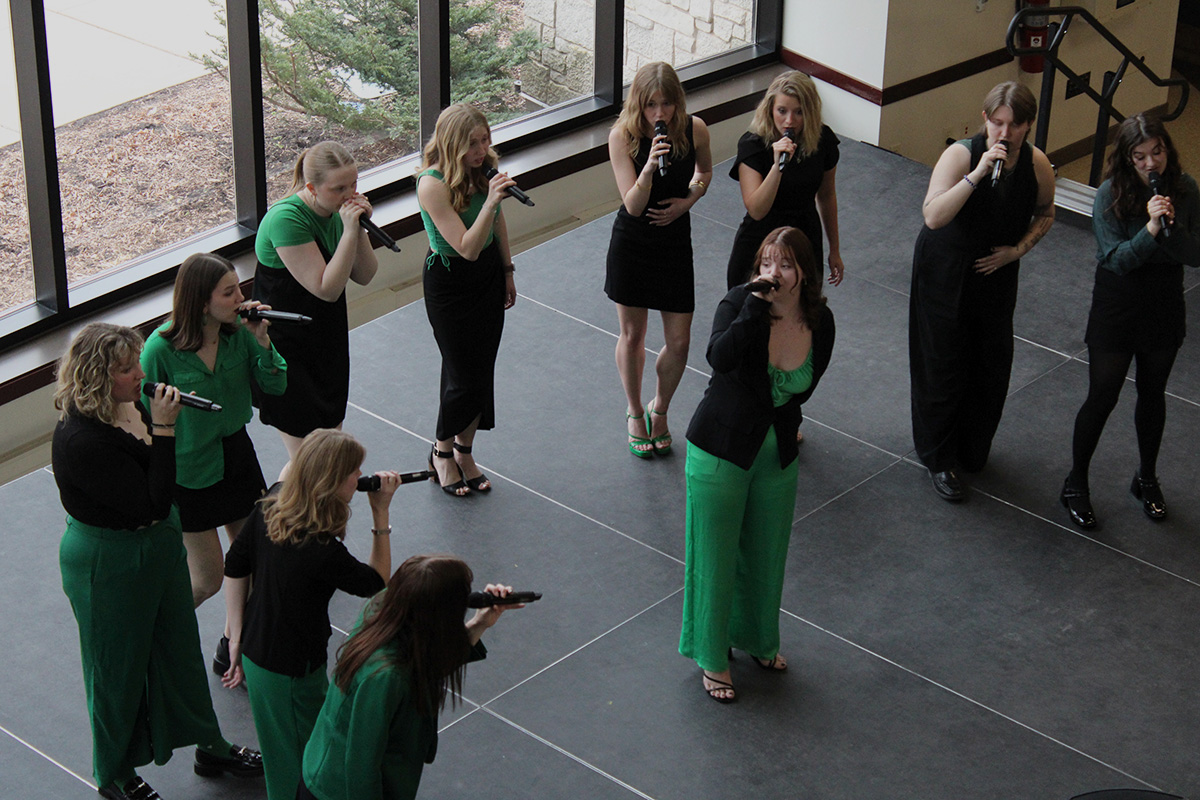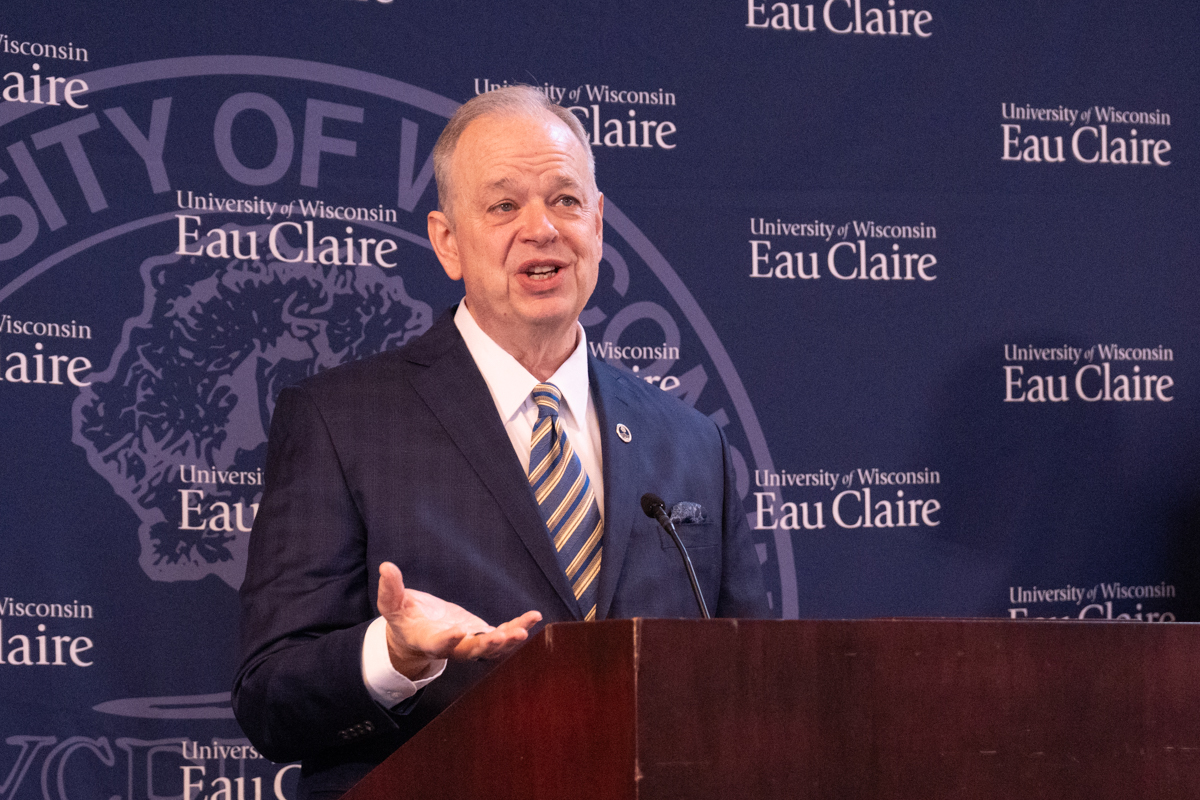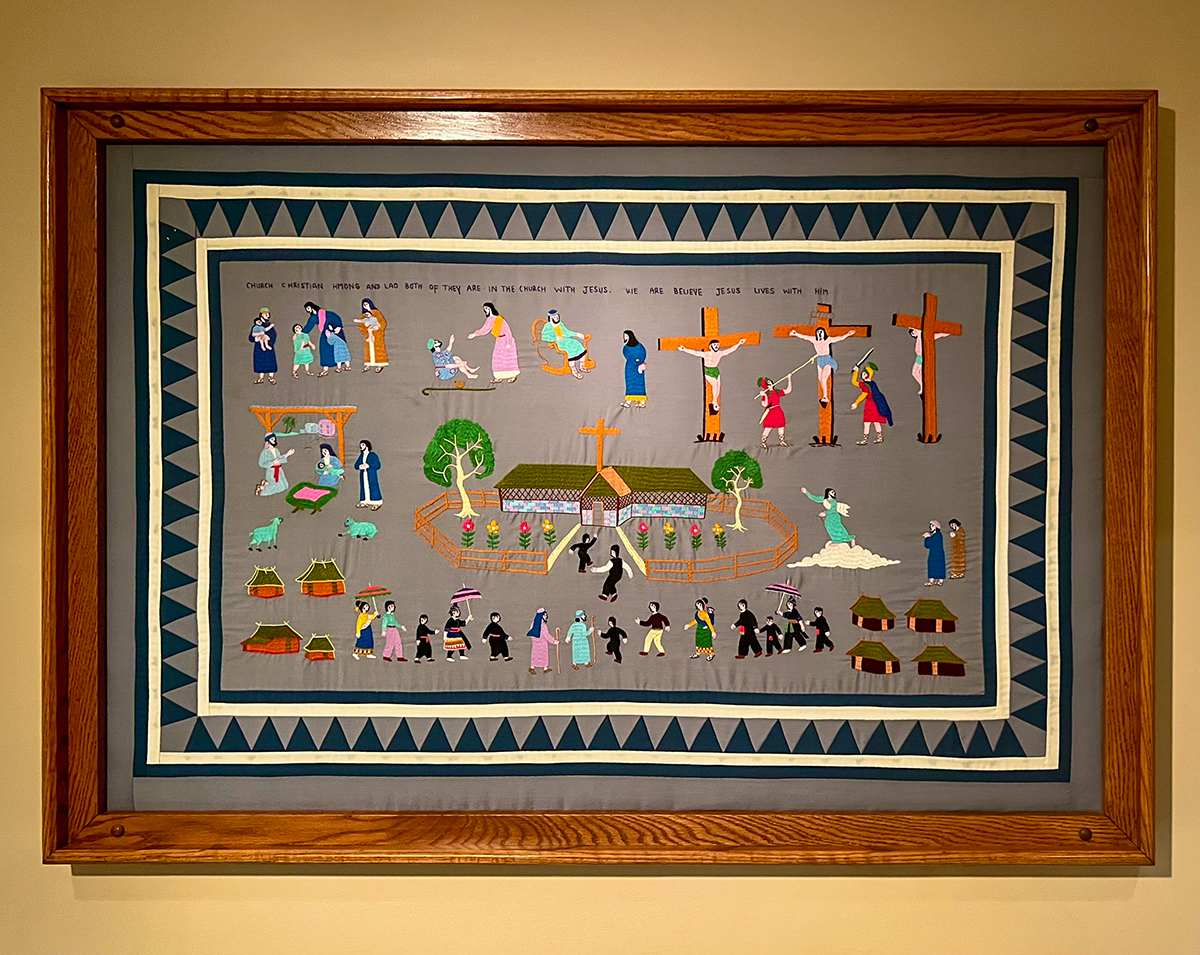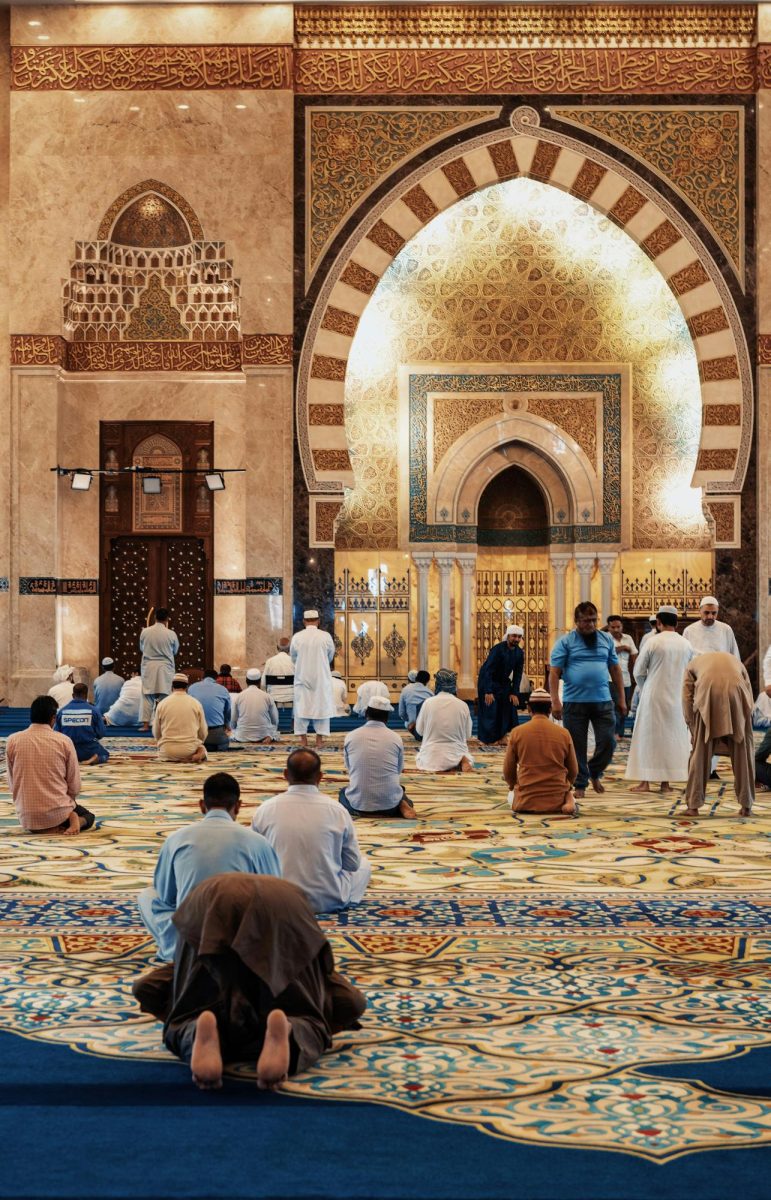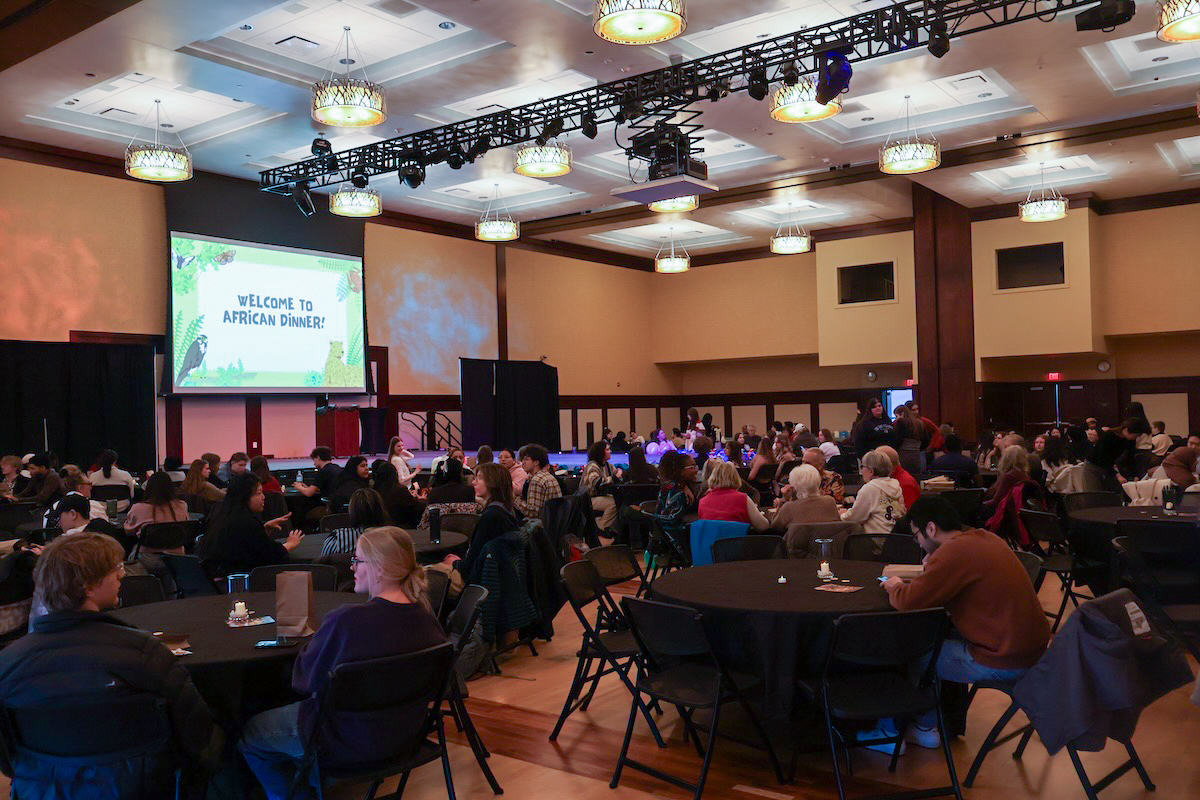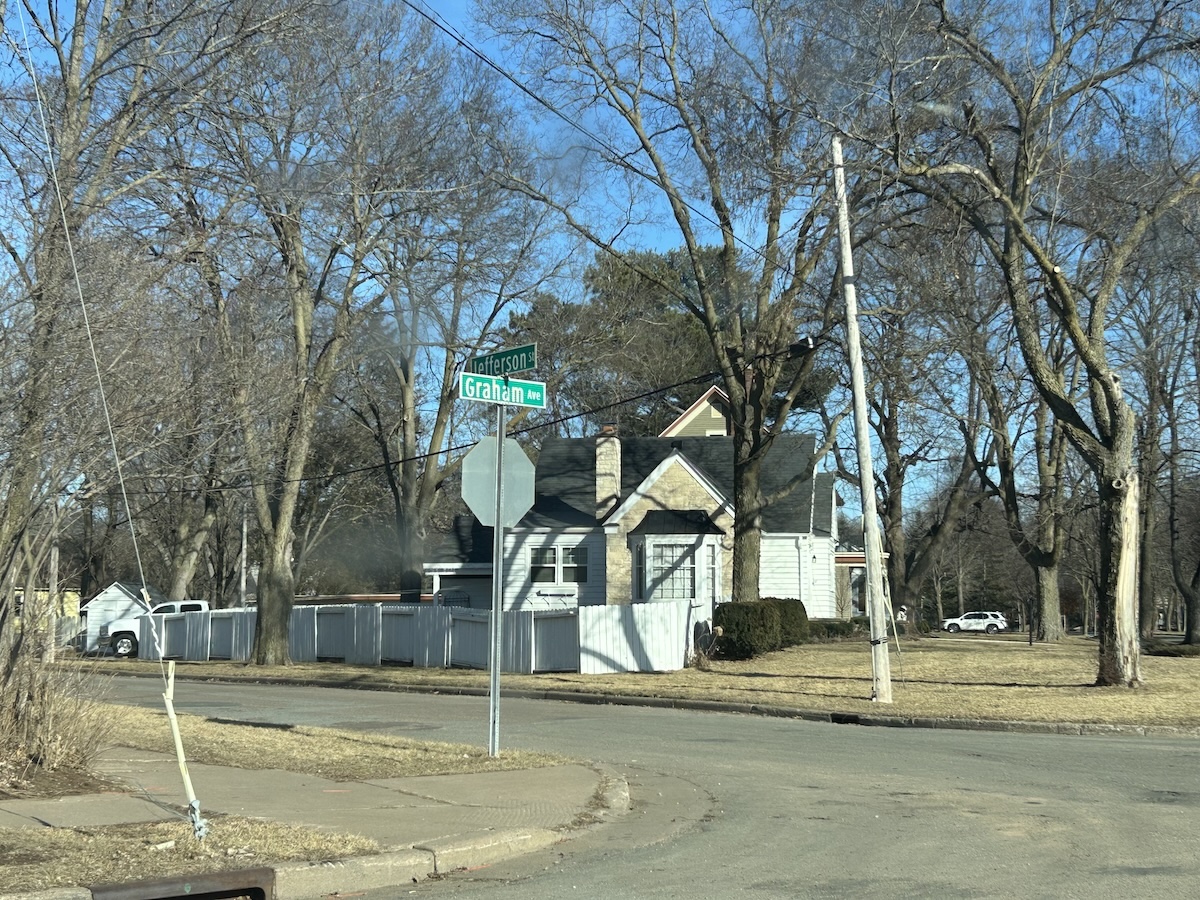In fall of 2022, over 10,000 students across all thirteen schools in the Universities of Wisconsin participated in the “Student Views on Freedom of Expression” survey. The purpose was to explore attitudes among students of all backgrounds in regards to willingness to express their political beliefs on campus.
The results were “pretty disappointing system wide” according to one of the team members on the survey, and UW-Eau Claire psychology professor, April Bleske-Rechek.
“Legislators were up in arms about this, especially conservative legislators,” Bleske-Rechek said. “We have some group differences here across our campuses in students’ willingness to speak up, and feeling like they can’t speak up.”
Political polarization is an issue not just on college campuses but nationwide at the tail end of a heated presidential election cycle. In light of this ongoing issue, Bleske-Reckek took part in the Unify America challenge and wanted to share her positive experience with UW-Eau Claire.
Between Sep. 24 and Oct. 9, UW-Eau Claire students were invited to participate in the challenge, called College Bowl, with a $25 bookstore credit offered as an incentive from Chancellor James Schmidt.
Through the Unify America website, students could select a time slot and where they best believed they landed on the political spectrum, then were paired in a zoom call for one hour with another college student somewhere else in the country who held different expressed political beliefs.
The pair could then go through several discussion prompts reflecting hot button issues. They would then converse on how they would rate their agreement or disagreement with a particular statement.
The event is held by the organization twice a year.
“It’s really hard to get students to have a political conversation with somebody they don’t know,” said Bleske-Rechek. “I [didn’t] want to just throw this out there, and assume it’s going to work. I [wanted] to test this.”
In fall 2023, Bleske-Rechek performed a pilot study with 47 volunteers taking part in that year’s College Bowl. All participants reported that they felt the discourse was respectful, and most said they were able to find common-ground on some issues.
In spring 2024, she continued the preliminary research with a three-phase randomized controlled trial. At each phase students reported their attitudes toward expressing their viewpoints on controversial issues in a survey.
Phase one: An initial report from students.
Phase two: Students were split into “conversation” and “control” groups prior to the second survey. Those in the “conversation” group were asked to spend an hour engaging in civil dialogue in the spring version of the College Bowl, while the “control” group was asked to spend an hour watching a video on Wisconsin butter making.
Phase three: Many of the students in the “conversation” group were hesitant to participate in the College Bowl, more than those in the “control” group. 64% said they didn’t participate because they didn’t want to talk to a stranger online, and 44% said they weren’t interested in an online conversation about political issues.
Izzy Sheeley, a third-year psychology student with a criminal justice minor, aided Bleske-Rechek with her research.
“The otherness can definitely come in, and once we find the people who agree with us, we kind of are ok just living in that bubble,” Sheeley said.
Sheeley participated in the current challenge for two reasons: to learn how to have better conversations among family and friends with political differences and from the lens of an insider “feel like how participants felt.”
She was paired with a girl her age from Texas, who didn’t have very “concrete” political beliefs, in contrast to Sheeley. Because of that, it was important to her not to dominate the discussion, and ask how her partner felt in regards to the prompts.
“We definitely worked together to make each other feel heard and respected,” Sheeley said. “Then once we felt like we’d discussed a topic well enough, we just moved on to the next.”
Also participating in the event was Calvin Lutzke, a fourth-year political science, Latin American studies and Spanish student, in addition to serving as the outreach coordinator for the UW-Eau Claire College Democrats.
“Being there face to face with somebody, even over a Zoom call, just makes [discussion] much more personable, and kinda forces you to listen more to where they’re coming from than you would otherwise,” Lutzke said.
Lutzke was required to take part in the program through one of his political science courses. The college student he was paired with attended school in the southern U.S.
As a result of his active political involvement on campus, he said he felt that he held a solid grasp on the issues that would shape the various prompts but also emphasized the importance of understanding where others were coming from.
“Even though there were some differences ideologically, the questions were framed in a way that made us understand we wanted the same goals, but [it was] just a conversation about how to go about it,” Lutzke said.
Despite overwhelming positive feedback from those who participated this fall, only just a little over a hundred of the university’s student body of 9,000 participated.
Bleske-Rechek said there are two areas that could be targets for improvement if the school is to continue promoting the program: better marketing and a better understanding of what exactly the students value, if not financial compensation.
One option would be to make it a requirement for incoming freshmen to guarantee involvement and hopefully create a positive impact, but that’s not the route she wants to go.
“When you make something a requirement, you’re suggesting you value it, but it also has the potential to lose its intrinsic value,” Bleske-Rechek said.
Lutzke also suggested that if it wasn’t just a one on one, participation may have increased, with alternating prompts so that everyone could participate.
Despite the low turnout, Bleske-Rechek, as any researcher would, is taking this as a learning opportunity.
“I feel like they do want a fulfilling interaction, but maybe they want to guarantee that’s going to happen,” Bleske-Rechek said.
Heidtke can be reached at heidtkek7346@uwec.edu.
Editor’s note: Executive board members of the UW-Eau Claire College Republicans did not respond to the Spectator’s requests for a statement.

